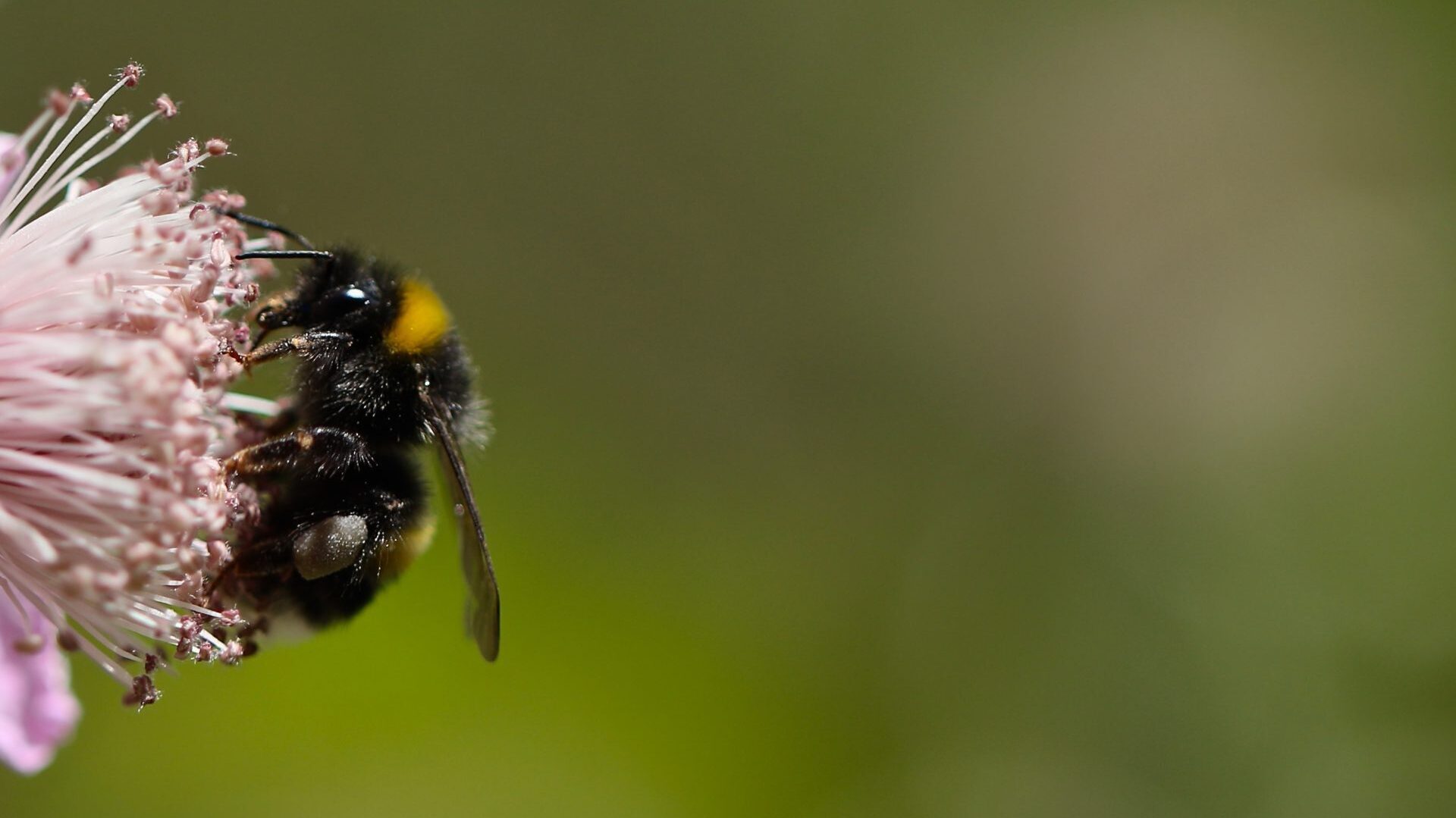Insects pollinate a third of all our food crops. Much of our wildlife relies on them for food – be it birds, bats, reptiles, amphibians, small mammals or fish. But the shocking reality is that 41% of the Earth’s remaining insect species are threatened with extinction. In the UK alone we have lost at least 50% of our insects since 1970. One of the primary reasons for these declines is pesticide use.
The UK and devolved Governments are consulting on a new draft National Action Plan for pesticides (NAP), which is designed to deliver on their commitments to reduce pesticide use, and identify areas where they can be more ambitious in the future.
If insects are to have any hope of a safe and healthy recovery, we want to see changes – including a target around reducing the use of pesticides. The Wildlife Trusts want the NAP to reconfirm Government commitments to phasing out pesticides and halt the unnecessary use of pesticides in public places; parks; verges; homes and gardens.
The Wildlife Trusts’ main concerns with the current draft NAP are that it:
- does not commit to seeing a reduction in the environmental impacts of pesticide use
- does not commit to phasing out pesticides use in certain areas, or to phasing out pesticides known to harm wildlife and human health
- should do more to support Integrated Pest Management
- needs to be more specific about how current protections will be maintained, and the basis on which decisions around authorised pesticide use will be made
All regulatory decisions on pesticides are now the responsibility of Defra, the Welsh Government, and the Scottish Government. The NAP commits to: (a) maintaining current protections; (b) basing regulation on the best available scientific knowledge; (c) following the precautionary principle where there is uncertainty over levels of risk.
But the lack of detail around how these will be guaranteed – especially in light of Defra’s recent lift of the ban on a dangerous neonicotinoid for sugar beet – undermines all three of these commitments.
Pesticide use affects us all. We can all take steps in our daily lives to lessen the devastating impacts chemicals like these have on wildlife. But government leadership and strong, integrated policies and laws are crucial to guide the way.
This consultation has now closed. For more information about what you can do to help insects, click here.
